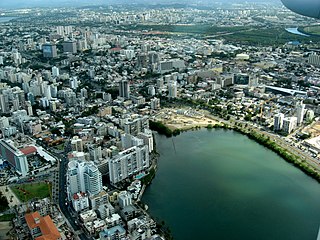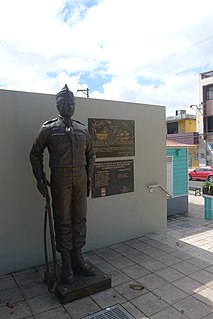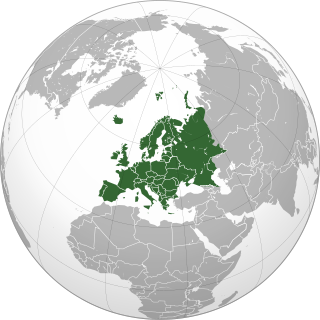
Fiel a La Vega is a Rock en Español band from Puerto Rico formed in 1994. The band consisted of members Tito Auger and Ricky Laureano, who come from the northern city of Vega Alta, Puerto Rico, along with brothers Pedro and Jorge Arraiza, who come from the neighboring city of Vega Baja. Their hometown is what gave name to the band. Since 1996, they were joined by percussionist Papo Román, who left the band in 2006 to dedicate time to his family.
Silverio Pérez is a Puerto Rican musician, writer, comedian, entrepreneur and broadcasting media host. He is known for several reasons, among them:
Agüeybaná was the principal and most powerful cacique (chief) of the Taíno people in "Borikén" when the Spanish first arrived on the island on November 19, 1493.

Rafael Hernández Marín was a Puerto Rican songwriter, author of hundreds of popular songs in the Latin American repertoire. He specialized in Puerto Rican styles such as the canción, bolero and guaracha. Among his most famous compositions are "Lamento borincano", "Capullito de alhelí", "Campanitas de cristal", "Cachita", "Silencio", "El cumbanchero", "Ausencia" and "Perfume de gardenias". Cachita was featured in the film Hemingway and Gellhorn (2012).
Nueva trova is a movement in Cuban music that emerged around 1967/68 after the Cuban Revolution of 1959, and the consequent political and social changes.
Hayuya Municipal of Puerto Rico located in the Caribbean.

Juan Antonio Corretjer was a Puerto Rican poet, journalist and pro-independence political activist opposing United States rule in Puerto Rico.
José Vega Santana a.k.a. "Remi" is a clown from Puerto Rico. A book "Remi, El Clown" describes his adventures as a clown. He has made many presentations in the United States. While he was a student at the Inter-American University he developed the character of "Remi". His group called themselves as "Los Dulces Payasos" or "The Sweet Clowns".

Sylvia Rexach, was a comedy scriptwriter, poet, singer and composer of boleros.
Haciendo Punto en Otro Son is a Nueva Trova band from Puerto Rico, founded in 1975. They recorded fourteen albums and performed in Latin America, the Caribbean and United States.
Axel Anderson was an actor, television producer, host in his adopted homeland Puerto Rico.
Urayoán was a Taíno "Cacique" (Chief) famous for ordering the drowning of Diego Salcedo to determine whether the Spanish were gods.
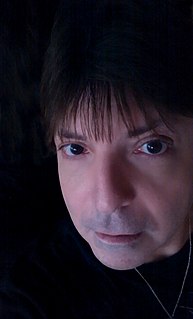
Lou Briel is a Puerto Rican singer, composer, comedian, producer, pianist, and host, among other things.
Zeny y Zory, Las gemelas Beveraggi,, are identical twins and have performed as a pop-music duet since the age of 15.

Agüeybaná II, born Güeybaná and also known as Agüeybaná El Bravo, was one of the two principal and most powerful caciques of the Taíno people in "Borikén" when the Spaniards first arrived in Puerto Rico on November 19, 1493. Agüeybaná II led the Taínos of Puerto Rico in the Battle of Yagüecas, also known as the "Taíno rebellion of 1511" against Juan Ponce de León and the Spanish Conquistadors.
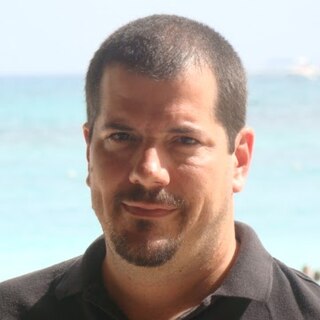
Pedro Arraiza is a Puerto Rican musician most known for being the drummer of the Rock en Español band Fiel a la Vega.
Un Junte para la Historia was a concert from three Puerto Rican bands: Fiel a la Vega, Haciendo Punto en Otro Son, and Moliendo Vidrio, celebrated in Puerto Rico on November 29, 1998. The concert was then released as a DVD, and a CD.
"Oubao Moin" is a song by Puerto Rican singer/songwriter Roy Brown. The song is based on a poem from Juan Antonio Corretjer. The name means "Island of Blood," which is what the Taínos called Puerto Rico, though the song is entirely in Spanish. The song has been covered by numerous Puerto Rican artists and groups, such as Andres Jimenez, Haciendo Punto en Otro Son, Lucecita Benitez, and Tito Auger.
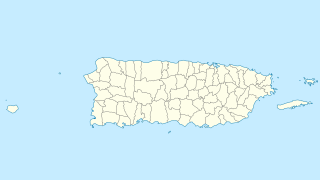
Agüeybaná El Bravo is a stone statue to the memory of Agüeybaná II, the last Taíno cacique in Puerto Rico, for his bravery in fighting the Spanish invaders during the sixteenth century. It is located at Plaza Agüeybaná El Bravo in Barrio Playa, just south of sector Caracoles in Ponce, Puerto Rico.
Juan Ramírez Rivera, better known as Juanchín Ramírez, was a Puerto Rican trumpeter, bandleader and composer. He was a founding member of the Septeto Puerto Rico and the Grupo Aurora, as well as a member of the Noro Morales orchestra, also playing with Boro Milián, Rafael Hernández, Machito and others. He is best known for his popular compositions, primarily guarachas such as "Anabacoa", recorded by Beny Moré and Arsenio Rodríguez among others, and also "Plena española", made famous by Billo's Caracas Boys.


